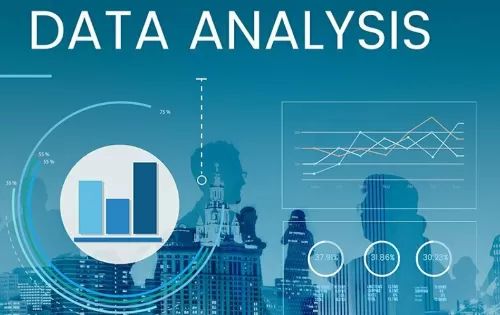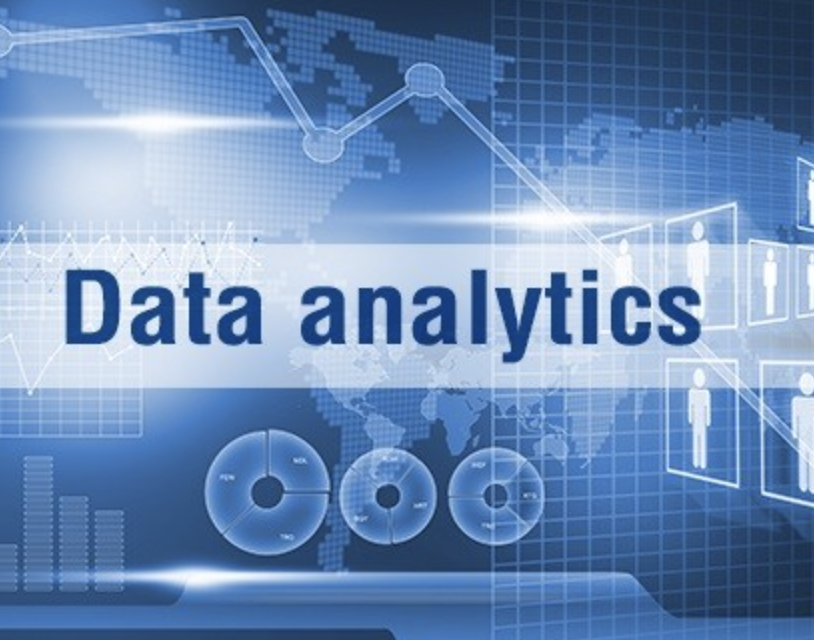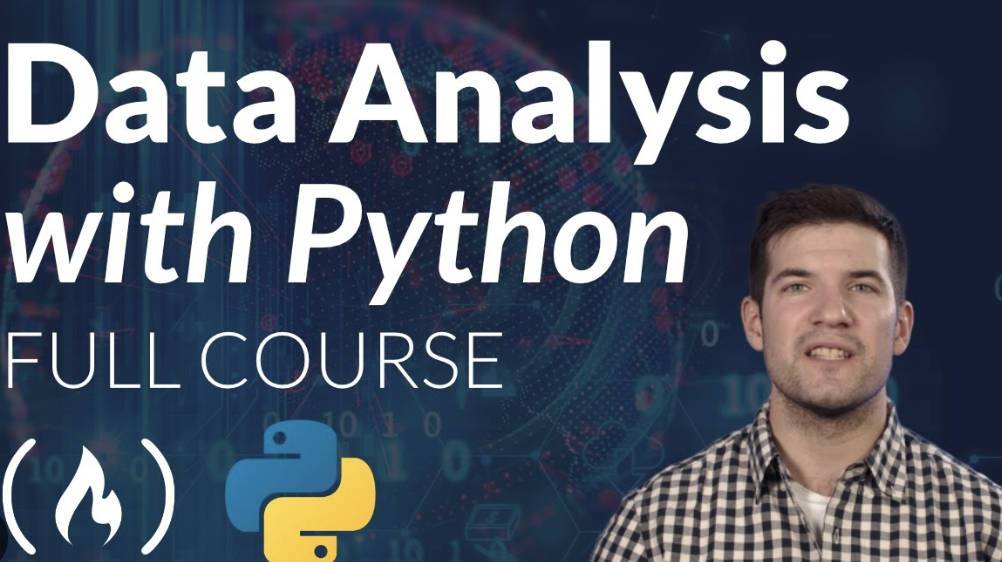
Related searches

In today’s data-driven world, the ability to analyze data is invaluable, whether you’re in business, healthcare, finance, or any other industry. A Data Analysis Course provides students with the tools and techniques to make informed decisions based on data, helping them stand out in a competitive job market.
What You Will Learn in a Data Analysis Course

In a typical Data Analysis Course, you will learn a variety of skills, from basic data handling to advanced statistical techniques. Courses often start with an introduction to data types, collection methods, and data cleaning processes. As you progress, a Data Analysis Course will cover topics such as data visualization, statistical analysis, and the use of software tools like Excel, Python, R, and SQL. These skills are crucial for anyone looking to extract meaningful insights from data.
The Importance of a Data Analysis Course in Today’s Job Market

Completing a Data Analysis Course can significantly enhance your career prospects. Employers across various sectors are actively seeking professionals who can make sense of large datasets and use that information to drive business strategies. By taking a Data Analysis Course, you’ll be equipped with the skills that are in high demand, making you a valuable asset to any organization. The ability to analyze data is not just a technical skill but a strategic one that can influence decision-making at the highest levels.
Who Should Enroll in a Data Analysis Course?

A Data Analysis Course is suitable for a wide range of individuals. Whether you’re a student, a professional looking to upskill, or someone interested in a career change, a Data Analysis Course can provide you with the knowledge and skills you need. Those working in fields like marketing, finance, healthcare, and IT can particularly benefit from the insights gained through a Data Analysis Course, as these industries rely heavily on data to inform their strategies.
Tools and Techniques Covered in a Data Analysis Course

A Data Analysis Course typically includes training on various tools and techniques. You’ll learn how to use software such as Excel for basic data manipulation and visualization, Python and R for more advanced statistical analysis, and SQL for managing and querying databases. The course will also cover key concepts like regression analysis, hypothesis testing, and data mining. Mastering these tools and techniques through a Data Analysis Course will enable you to handle real-world data challenges effectively.
The benefits of completing a Data Analysis Course extend far beyond the classroom. By gaining proficiency in data analysis, you position yourself for long-term success in a world where data is becoming increasingly central to decision-making. A Data Analysis Course equips you with critical thinking and problem-solving skills, enabling you to approach data with confidence. Whether you aim to advance in your current role or pivot to a new career path, the knowledge gained from a Data Analysis Course will be invaluable.








